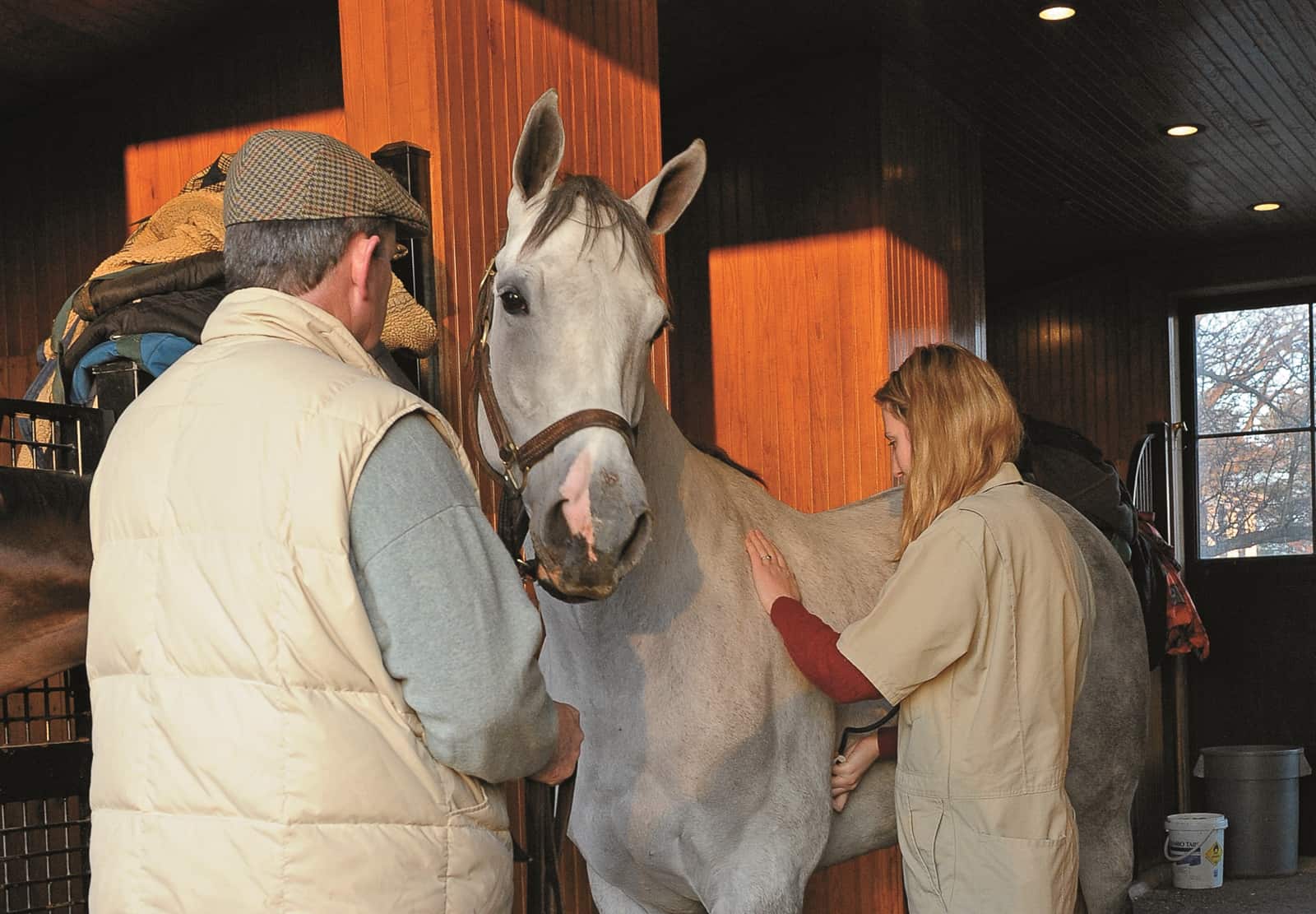How to Be Prepared for Farm Calls

10 steps toward more positive experiences during farm calls and emergencies
Have you ever waited for your horse’s veterinarian for what seemed like an eternity past the appointment time, your frustration building by the minute? Have you ever had trouble getting any vet out in an emergency, much less your own, or ever swallowed—hard—when you learned the cost for the services performed? Have you ever considered what can you do to avoid these scenarios or alleviate or even eliminate these negative feelings?
It might behoove you to put yourself in your practitioners’ shoes for a moment. Veterinarians don’t start each day planning how they can get under your skin. They want to give you and your horses the best service they possibly can. They’ve gone through years of specialized schooling and training to ensure they can do just that. And they’ve taken an oath to use their knowledge and skills for the benefit of society, to promote equine health and welfare, to relieve animal suffering, to protect public and environmental health, and to advance comparative medical knowledge.
So what’s your part in the process? We asked two mobile equine veterinarians — Danny Borders, DVM, of Borders Equine Clinic, in Middleton, Idaho, and Brittany First, DVM, of First Equine Veterinary Services, in Mobile, Alabama—how clients can prepare both themselves and their horses for veterinary visits. Read on to learn 10 ways you can help your veterinarian maximize time, cut costs, and ensure you get the service you want—and, perhaps, go the extra mile when you need it most TheHorse.com is home to thousands of free articles about horse health care. In order to access some of our exclusive free content, you must be signed into TheHorse.com. Already have an account?Create a free account with TheHorse.com to view this content.
Start your free account today!
and continue reading.
Written by:
Diane E. Rice
Related Articles
Stay on top of the most recent Horse Health news with















